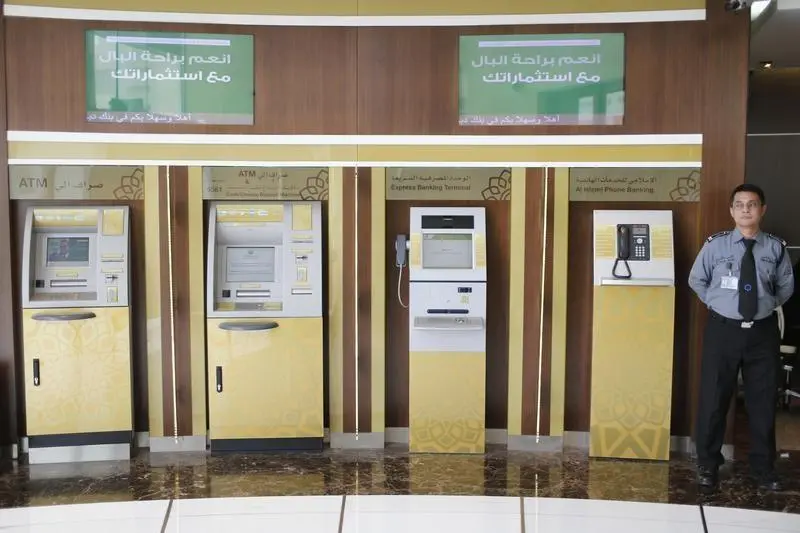PHOTO
KUWAIT: The Gulf Council Countries (GCC) banking sector has witnessed a remarkable transformation in the past few years, thanks to the region's robust economic growth and development as well as the rising demand by its young and technology-savvy population for a better digital banking experience. Modern-day customers are informed, well educated, and better connected due to widespread Internet penetration and the easy availability of smart devices. They expect state-of-the-art digital services from their banks and financial partners.
As a quick indicator, consider that when Bain & Company's 2015 global survey asked consumers which they'd miss more for a day, their mobile phone or their physical wallet, more than half chose their phones. Mobile clearly has advanced past the tipping point as roughly 70% of respondents under age 25 chose the phone.
Traditional photography and books have almost become obsolete due to the proliferation of digital cameras and e-readers-the banking industry should learn from this example. Pushed by the customer demand for digital banking solutions, conventional banks will need to undergo drastic changes similar to those adopted by worlds of photography and books in order to remain relevant.
Bain's latest consumer research and statistical analysis shows that for the average bank, a high priority is to migrate routine activities out of the branch, where they are likely to annoy customers, into self-service digital channels, including mobile. That means improving the mobile experience to the extent that it truly delights customers, making the experience fast, intuitive, convenient, and capable of handling the most common transactions and service requests.
Depending on the country or the region, certain regulations protect traditional banks. However, these will change as regulators or central banks address their customers' changing needs. As they do, the institutions that emerge as winners will be those that are most successful at transforming themselves to meet customer demands for digital banking.
As they introduce digital services, banks need to invest time and effort to mobilize their employees, making them part of the transformation from the beginning so they can help customers learn the new processes. It is also important for those who are designing the new banks to work closely with customers to learn about their requirements.
As noted, the GCC's population is among the most digitally savvy in the world, with one of the highest rates of mobile phone penetration. Despite this, the situation in the region, and particularly in the Kingdom of Saudi Arabia, remains highly paradoxical as banks are not addressing customers' needs.
This situation will not continue much longer. I anticipate real transformation in the region's banking landscape, and the next three to five years will be critical. Banks that respond to changing customers and are prepared to go digital will quickly move ahead of the competition.
The new business models and services developed by financial technology companies can help banks get ready for the shift. Banks will first need to determine what they want to become for each of their target client segments, and then identify the new business model that they want to test. For instance, they must be clear on their aspirations for such services as peer-to-peer lending or mobile e-wallets, and what is required to develop those offerings. They must also decide if they want to create the new digital platforms on their own, partner with start-ups or financial technology companies, or even acquire smaller companies that may be better versed in this type of new technology.
It is not easy to predict a single model for success. Trial and error is the name of the game in the digital world and banks, therefore, should continue to take risks and invest. This requires adopting an agile, or alternative and flexible, approach. Although banks are not accustomed to such a process, I strongly feel that there is no other alternative if they hope to adapt to the industry's new reality.
Julien Faye is a partner and director in Bain & Company's Middle East region. He leads Bain's Financial Services practice in the Middle East.
© Kuwait Times 2016





















